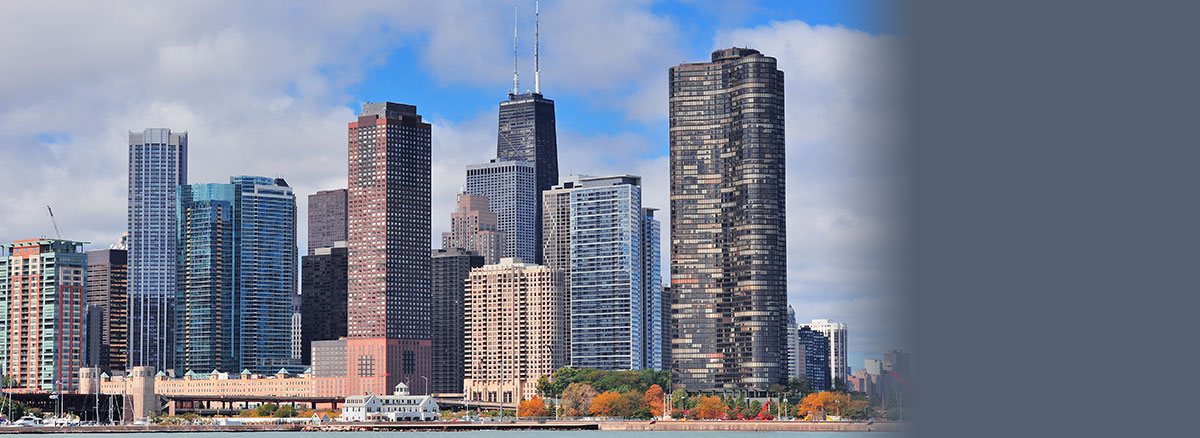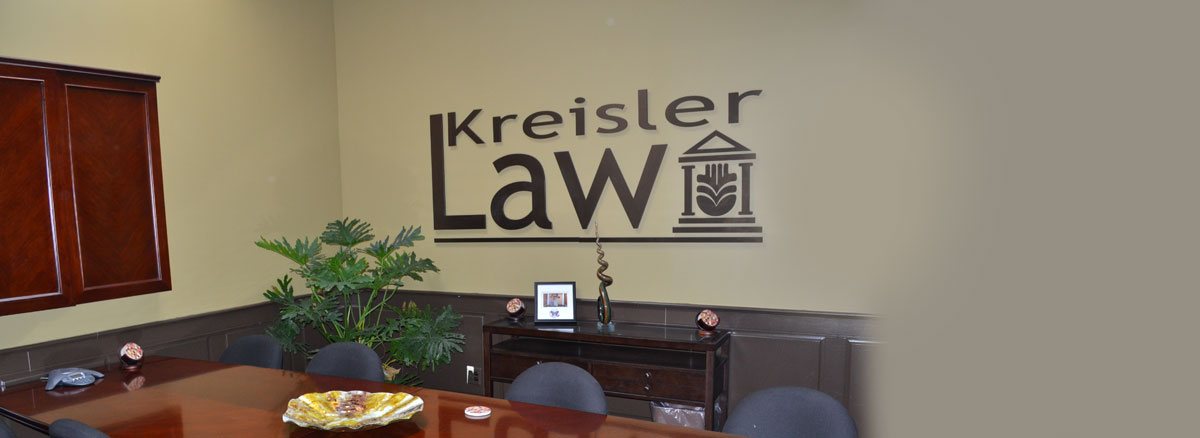
Posts Tagged ‘defendant’
Appellate Court Confirms Right of Tenant to Attorney Fees in RLTO Counterclaim
An August, 2015 Illinois Appellate Court decision has confirmed that a Chicago tenant who successfully prosecutes a counterclaim in an eviction action for damages under Chicago’s Residential Landlord and Tenant Ordinance (RLTO) is entitled to an award for the tenant’s attorney fees. The First District Appellate court in Shadid v Sims rejected the landlord’s argument that RLTO only provides for an award of attorney fees where a tenant prevails in a separate action initiated by the plaintiff.
In the Shadid case, the plaintiff landlord had filed what the court characterized as a “garden-variety eviction lawsuit” for non-payment of rent. The tenants counterclaimed alleging various violations of RLTO. After a bench trial, the lower court ruled that the tenant had met their burden of proving a RLTO violation and that they were entitled to a full offset of the rent then owed. The Court then granted the tenants the right to file a Petition for Attorney Fees, which they did, seeking $9,878. The landlord argued that the tenants were not entitled to attorney fees because they were not the plaintiffs; rather they were defendants and counter plaintiffs. The trial court agreed and dismissed the Petition for Attorney Fees. The appellate court reversed the trial court decision and remanded the case to the trial court with instructions to grant the Petition and award the tenants reasonable attorney fees under RLTO.
Feel free to contact an experienced Illinois landlord eviction law attorney at Logan Law, LLC if you have questions about how to properly serve eviction notices or any other area of the laws governing landlords and tenants.
Expiration of Illinois Eviction Judgments
Illinois Eviction judgments can be somewhat ephemeral, in that they become unenforceable 120 days after the judgment is entered. This can become important during Chicago winter months, when the Cook County Sheriff’s eviction backlog grows longer due to the usual year-end Holiday moratorium declared by the Sheriff and due to the fact that evictions are not performed on unusually cold or inclement days.
The period of enforcement of an eviction order which is about to expire or has expired may be extended by motion. However, notice of that motion must be sent to the defendants and must contain specific statutory language found in section 5/9-117 of the Illinois Code of Civil Procedure.
The motion to extend will be granted by the court unless the defendant appears and establishes that the tenancy has been re-instated, that the breach upon which the judgment was based has been cured or waived, that the plaintiff and defendant entered into post-judgment agreement the terms of which the defendant has performed, or that other legal or equitable grounds exist that bar enforcement of the judgment.
Feel free to contact an experienced Illinois landlord eviction law attorney at Logan Law, LLC if you have questions about how to properly serve eviction notices or any other area of the laws governing landlords and tenants.








